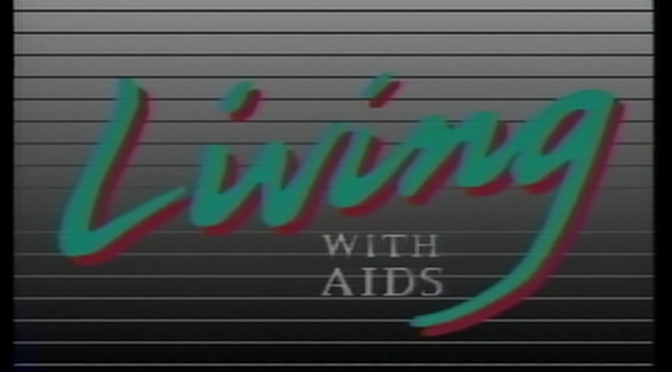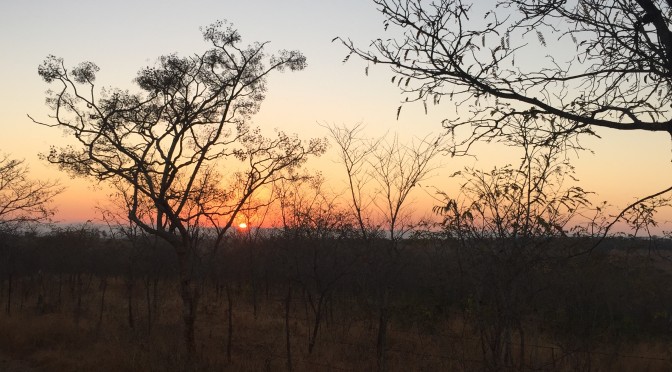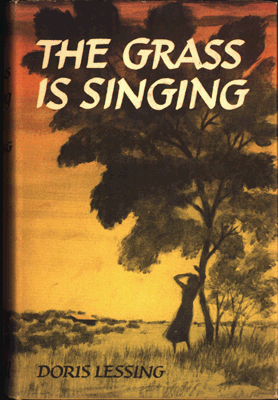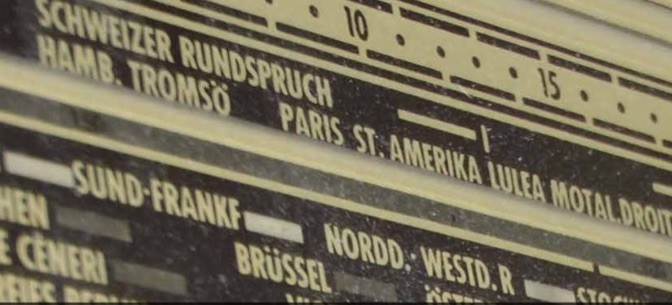Featured image: Living With AIDS (1987-1999), Gay Men’s Health Crisis records, Manuscripts and Archives Division, New York Public Library.
by Dan Udy, LAHP/ AHRC PhD researcher working on “Going Viral: Queer (Re)Mediations in the YouTube Decade”
When Sarah Schulman and Jim Hubbard began filming interviews for the ACT UP Oral History Project in 2002, the history of HIV/AIDS activism was largely consigned to videotape. Having aligned with the emergence of handheld camcorders, it was the first political movement to be documented on video and from within its ranks: amateur recordings, artist tapes, and independent TV productions all formed a staggering cultural archive that tracked how marginalized communities took healthcare, research, and advocacy into their own hands during the early years of the HIV/AIDS crisis.
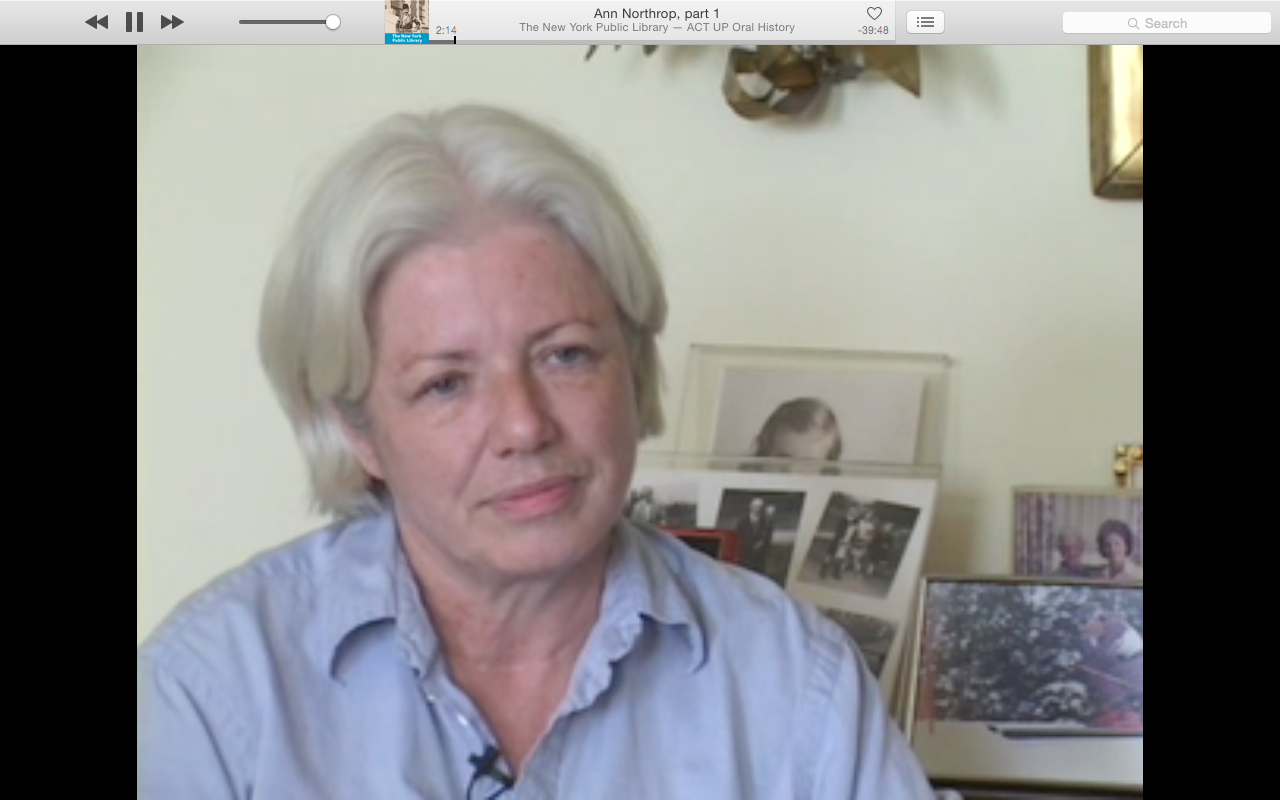
For over 20 years these tapes were consigned to personal collections and institutional archives such as the New York Public Library (NYPL), where the Manuscripts and Archives Division holds the most extensive public collection of such videos in the world. Here, facsimiles of original tapes could be watched on monitors, but the analogue nature of these materials made it difficult to circulate them beyond the library’s walls. Continue reading YouTube, iPads, and Videotape: archives of HIV/AIDS activism

